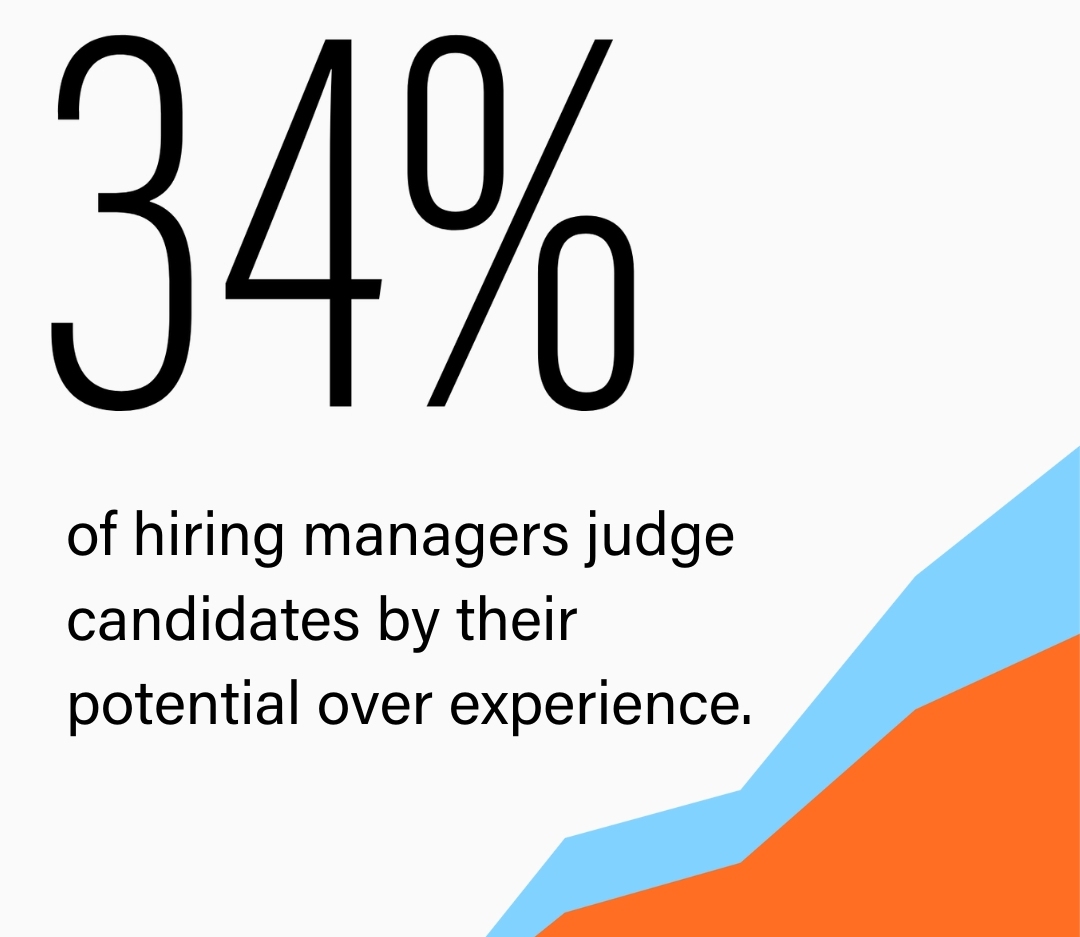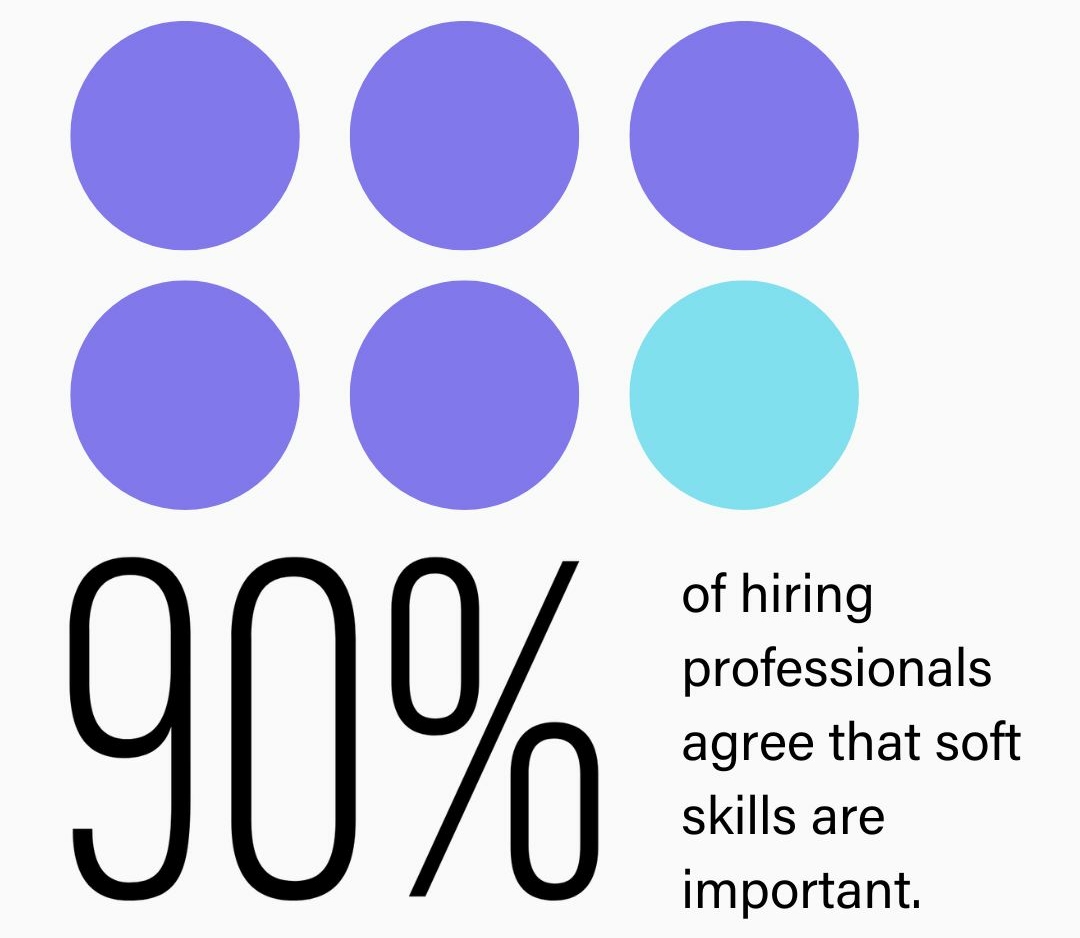Candidate availability is at its highest since November 2023. But a bigger candidate pool doesn’t always mean more choice. Finding top talent can be challenging, especially when competing with other great businesses and considering the ROI of the hire.
Finding the real hidden gems in your industry is everyone’s top priority. A great way to do that is to look past skills and focus on potential and hiring for attitude.
From career moves and stepping into new industries, to learning new tools and technologies, we’ve all had to learn new skills on the job. So why would you pass on someone just for not hitting all the skills in your job description?

So, what does ‘hire for attitude’ mean?
Hiring for attitude doesn’t mean hiring a ‘personality hire’ – someone who doesn’t have the skills required to do their job and are clearly hired for their personality – a term that’s become popular on social media.
It’s about identifying candidates with the essential skills needed with more emphasis on their potential and attitude. This approach is about building a diverse and distinctive team, a strategy that can set you apart from your competitors when competition is so high.
The benefits of hiring for attitude
There are lots of benefits that come with hiring for attitude. Someone with good interpersonal skills can create a positive work environment, encourage teamwork, and resolve conflicts.
A new hire on your team will always come armed with fresh perspectives and approaches. But someone with the right attitude will have the confidence to take risks, continuously creating new and creative ideas and solutions.
Their positive mindset and approach to their role is great for your company culture and brand. They can inspire the team, improving on morale and productivity. Remember, a diverse team and a great company brand can make all the difference when finding top talent.
Balancing skills with attitude
When hiring for attitude, it’s important you understand where you can find both the hard and soft skills ideal to you and your team.
Hard skills: Technical skills learned through education or experience. While hard skills are essential for certain roles, they can often be taught and developed over time.
Soft skills: Attributes that allow someone to interact effectively with others. Soft skills help you understand a person’s values and motivations, making it easier to gauge their potential for growth and adaptability.
Determine which hard skills are essential to the role and which you can include in an ongoing training and development plan. Then identify what the soft skills are that are integral to your teams’ culture and growth plans. This holistic approach makes sure they’re equipped with the technical expertise needed to excel and the interpersonal skills required to innovate and grow.

How do you recruit for attitude?
The interview process is where you really get to know the candidate behind the CV. Here are some behavioural questions to ask at interview to help you find the right person:
- Have you ever had to advocate for an unpopular idea or project? How did you handle it? What was the outcome?
- Tell me about a time you had to learn something completely new at work. How did you approach the learning process What was the result?
- What was the biggest risk you’ve taken in the workplace? What was the outcome?
Another way to check they’re suitable for the team is through a culture fit evaluation. Include a step in your interview process where they meet the team. This is a great way to see how they will fit in with your team.
We’ll always advocate having a recruitment consultant support you with your hiring. Their job is to build relationships with you and candidates, getting deep into the understanding of each parties needs and wants. This means they can determine if the candidate is right for you faster than if you were to do it alone. And, make the list of people you interview shorter and more relevant.
Shifting your focus from merely ticking off skill sets to embracing the power of attitude can build stronger, more cohesive teams. It can also be the best way to find the people who can make a real difference in your business.
But finding the edge is easy when you know who. Whether you have an in-house recruitment team or not, external support can open you up to people you might have never found otherwise.
